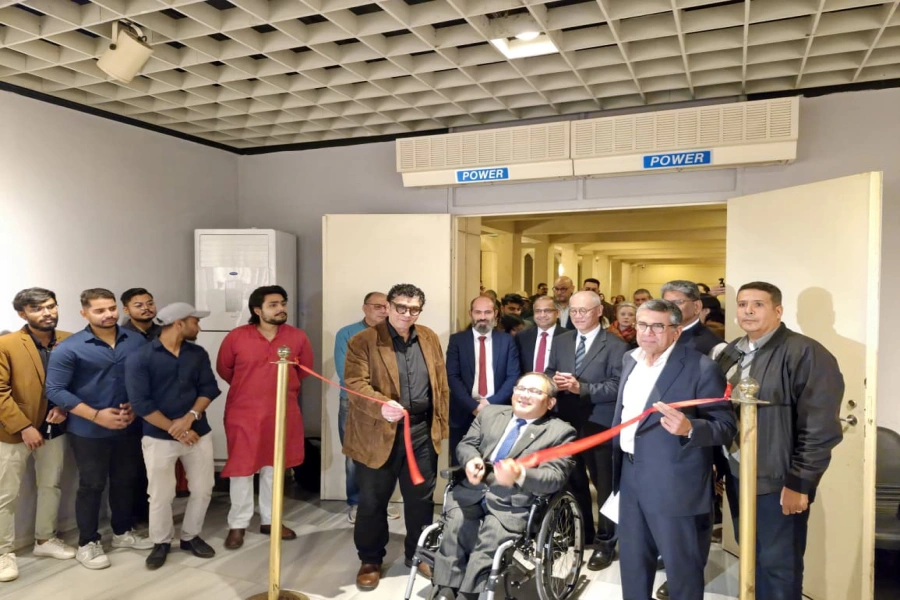Madhesi mergers
We are delighted by the news of merger between six small Madhesi parties on Thursday to form the Rastriya Janata Party (RJP). On the same day, Bijaya Kumar Gacchhadar-led Nepal Democratic Forum merged with Tharuhat Tarai Party Nepal. There are rumors that the Federal Alliance led by Uprendra Yadav (minus the Madhesi parties now in RJP) could soon announce a merger with Baburam Bhattarai’s Naya Shakti. What is notable about all these mergers is that none of new outfits have retained the word ‘Madhes’ in their party names. The focus instead seems to be to give the new outfits a truly national character. As the leaders of the newly-created RJP said, theirs will now be a party that ‘connects mountains, hills and plains’. Although late there seems to be a realization among the Madhes-centric parties that ethnicity-based politics could take them only so far and that their future lay with agenda-based politics. We believe this is the right reading of the state of Nepali politics today. The fragmented Madhesi parties got absolutely nowhere when they tried to garner votes along ethnic lines in the second Constituent Assembly election in 2013. Even in their strongholds in Madhes, they were distant second to agenda-based Nepali Congress and CPN-UML.
But that is not the whole story. The new electoral laws being discussed in the parliament could potentially bar from national parliament any political party that gets less than three percent of total votes cast in future elections. These parties will also not be designated as ‘national parties’, which will deprive them of vital state funds and cushy secretariats. The candidates of such parties, according to current electoral laws, will also have to fight as independents, and Nepalis have traditionally shunned voting for independent candidates. And even though they may not admit it, the mergers in Madhes have taken place with a clear eye on the upcoming three sets of elections, starting with the May 14 local election. As we went to press, the talks between the representatives of the newly-formed RJP and the Federal Alliance on one hand and the representatives of the ruling parties on the other were said to be ‘constructive’. The Madhesi leaders present said they would take part in local election if the constitution was first amended to incorporate certain of their demands. We hope that the few remaining doubts are soon cleared and all the political forces then collectively move towards the May 14 vote.
There is absolutely nothing wrong with a two-phase election if it ensures the participation of Madhesi outfits. Thus both the sides in the negotiation should show utmost flexibility to clear the way for the May 14 vote. If the Madhesi parties want more time to prepare, then a second phase can be arranged for in the areas of their influence. We would like to believe that the latest mergers have taken place so that the Madhesi forces can go into the three sets of elections from a position of strength, and with the realization that people desperately want elections. Nepali politics has for far too long been held hostage to the interests of a select group of leaders. There can be no better example of this than the failure to hold local election for two decades. People are finally getting to elect their representatives who will directly impact their day-to-day lives. No one has the right to take away this inalienable right from them.
Japan hands over medical equipment for surgical eye camps to Hi...



-1200x560-1771928761.webp)


































